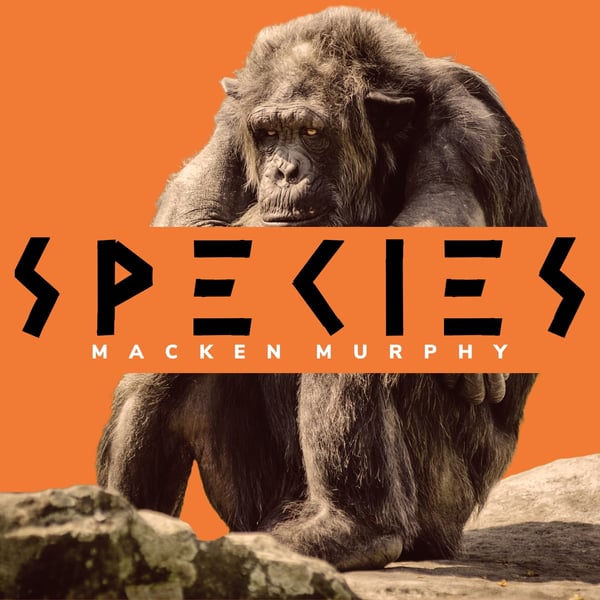Leafcutter Ant
Species
Macken Murphy
4.8 • 606 Ratings
🗓️ 21 September 2020
⏱️ 40 minutes
🧾️ Download transcript
Summary
Transcript
Click on a timestamp to play from that location
| 0:00.0 | Before the advent of agriculture, every generation of our species lived more or less the exact same way for 30,000 years. |
| 0:16.0 | For approximately 30 millennia, the human species lived an unchanging life. |
| 0:23.9 | We were a very interesting ape. We could talk. We could make art. We had spiritual beliefs, but we weren't changing. |
| 0:32.9 | Progress wasn't a concept like it is today. There was just life. If I put you in a time machine and took you back 50,000 years, let you out, let you live with some other humans for a bit, then zoomed you forward 30,000 years, and did the exact same thing again, you would report back that your experience was more or less the same |
| 0:57.1 | in both eras. Sure, the details were different. You hung out with different people who spoke in |
| 1:03.7 | different ways, they believed different things and had different traditions, but in all the big ways, |
| 1:09.4 | they would be the same. |
| 1:11.7 | In both cases, you would likely live in a small group with maybe several dozen people, |
| 1:18.4 | organized in a relatively egalitarian way, you would survive by hunting and gathering using |
| 1:25.0 | stone tools, you would cook your food over a fire, you would sleep in a |
| 1:29.7 | semi-permanent hand-built hut, right? Like, your daily schedule, your lifestyle, your technology, |
| 1:36.8 | all of it, would be more or less exactly the same. That's 30,000 years of sameness. Think for a moment how different human life was 30 |
| 1:50.6 | years ago. How unrecognizable it was 300 years ago. How unimaginably different, how alien it was, 3,000 years ago. |
| 2:06.8 | The notion that 30,000 years could go by without any big changes seems patently absurd to a modern human being. Those 30,000 years or so of sameness went by, |
| 2:26.1 | and then there was agriculture. Agriculture popped up about 12,000 years ago in the Levant, |
| 2:36.5 | and then was reinvented in several different locations around the world soon after. It spread from these origin locations like wildfire, |
| 2:44.1 | variously displacing and absorbing hunter-gatherer traditions as it went, and it changed everything |
| 2:50.4 | it touched irreversibly. |
| 2:53.6 | Agriculture made long-term sedentary living not just possible but necessary, allowing humans to |
| 3:01.1 | live in groups of tens of thousands instead of mere hundreds. These humans, in their need to coordinate at that size, |
| 3:11.5 | created centralized governments to organize them, and organized religions to unify them. |
| 3:18.7 | The surplus food agriculture provided made it possible for labor to divide more intensely, with some humans now |
... |
Please login to see the full transcript.
Disclaimer: The podcast and artwork embedded on this page are from Macken Murphy, and are the property of its owner and not affiliated with or endorsed by Tapesearch.
Generated transcripts are the property of Macken Murphy and are distributed freely under the Fair Use doctrine. Transcripts generated by Tapesearch are not guaranteed to be accurate.
Copyright © Tapesearch 2025.

